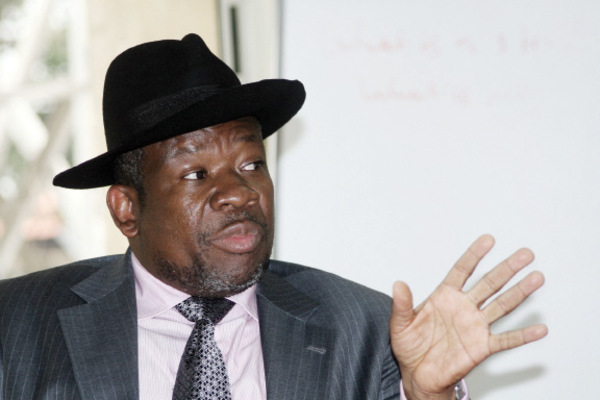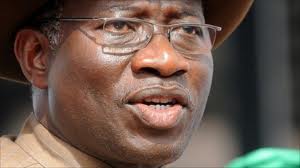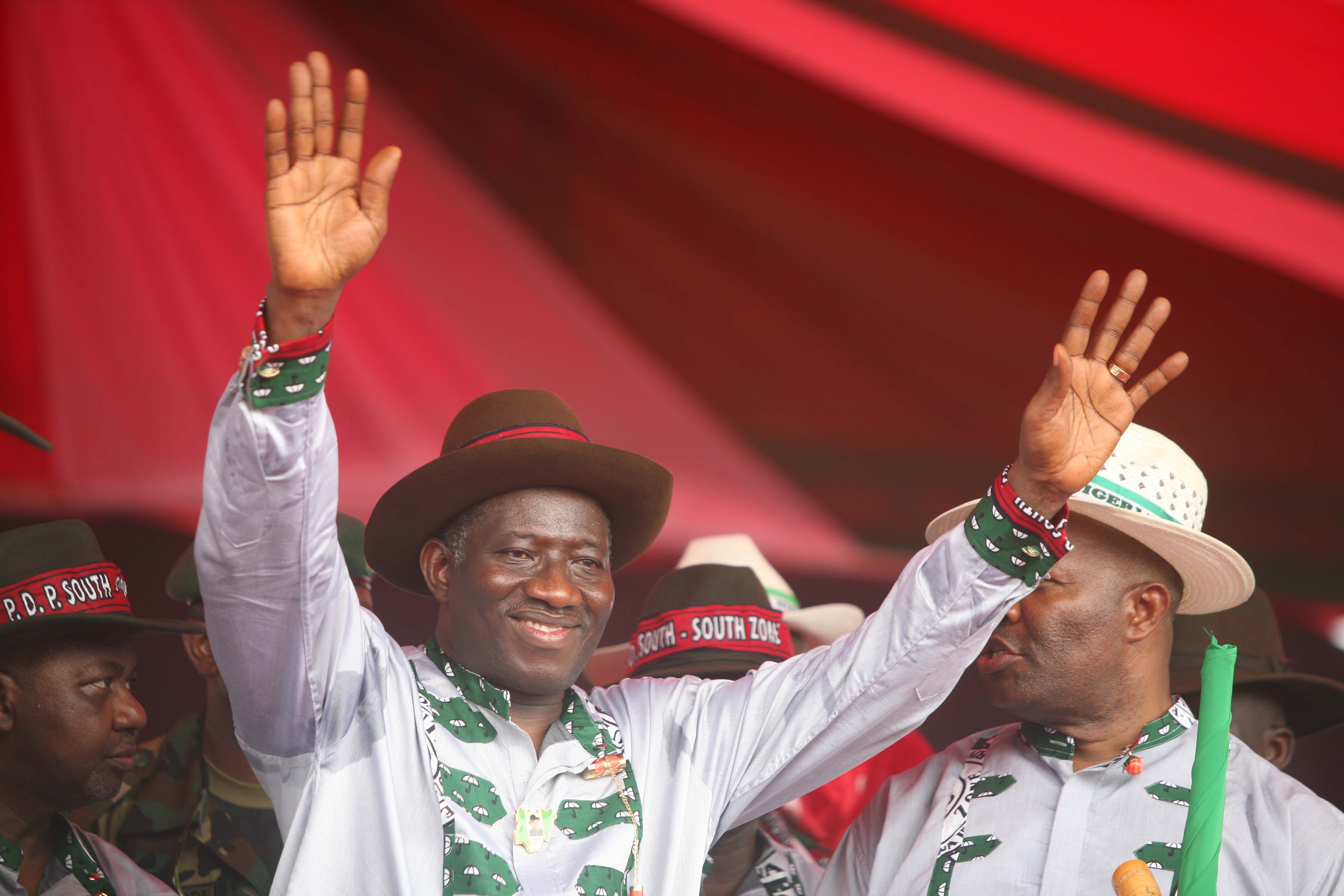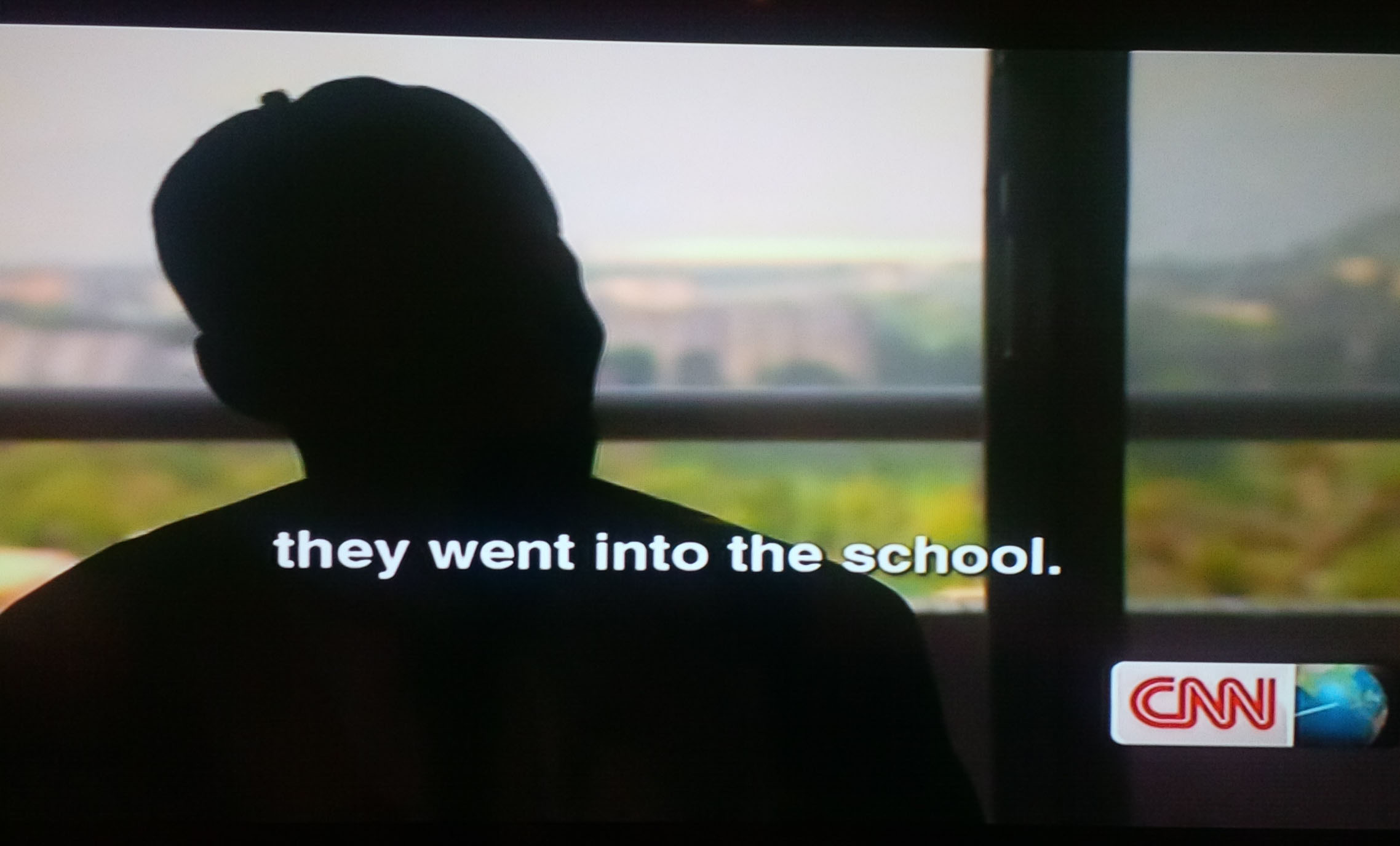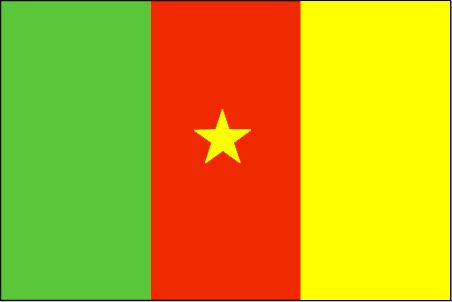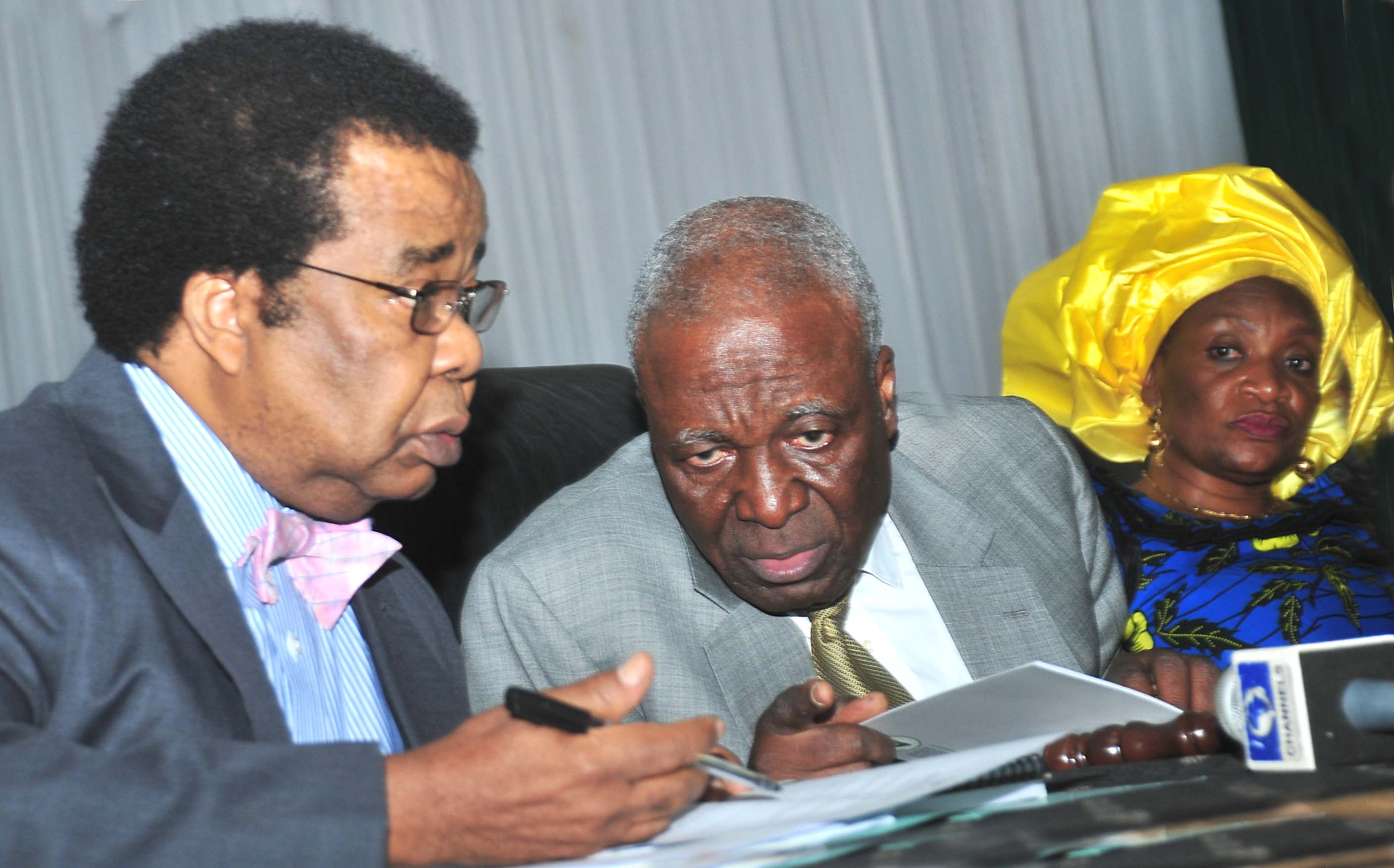Presidential aide, Mr. Oronto Douglas, says it is “not helpful” to heap blame upon the Nigerian government over the kidnap of hundreds of girls by Boko Haram.
Speaking with The Washington Post in the US, he said what the government needed was “co-operation”.
Several Nigerian activists have blamed the government for its late response to the Chibok abductions which took place in the early hours of April 15, 2014.
The New York Times has also written an editorial over the abductions, describing President Goodluck Jonathan as leading a corrupt government “that has little credibility”.
Advertisement
The newspaper said the president “initially played down the group’s threat and claimed security forces were in control. It wasn’t until Sunday, more than two weeks after the kidnappings, that he called a meeting of government officials, including the leader of the girls’ school, to discuss the incident”.
Speaking to the Washington Post, Douglas, who is special adviser to the president on research, strategy and documentation, called for greater international assistance in the country’s struggle against terrorism.
“The Nigerian government is doing all it can in collaboration with its allies to ensure that our daughters, the girls, are brought back home – everything in its power,” he said.
Advertisement
“This is not about politics, it is about the protection of human lives.”
He said “in an attempt to rescue the girls, we must not also endanger their lives”.
Douglas pointed to the transnational threat posed by Boko Haram, whose base of operations in Nigeria’s northeast extends across borders into three other countries, as justification for international co-operation.
“The day when nations act alone are over,” he said. “Terrorism is very new in Nigeria. You need international support.”
Advertisement
Douglas said it is “galling” that the government has come in for criticism over the missing girls.
“When a terrorist bomb goes off in Afghanistan, they don’t blame the Afghan government. So why the reverse with Nigeria?” he said. “Don’t see the Nigerian government as the problem. Don’t blame Nigeria going forward. The blame game should be taken to the back burner.”
The New York Times had noted that the “show of force” may keep the delegates safe for the World Economic Forum Africa currently holding in Abuja, “but Nigeria’s deeply troubled government cannot protect its people, attract investment and lead the country to its full potential if it cannot contain a virulent insurgency”.
Advertisement
Add a comment
